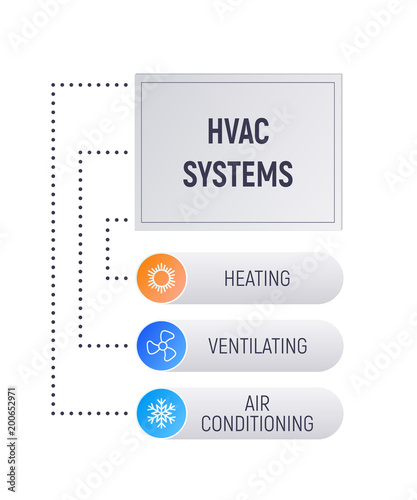Figure Out Just How To Enhance The Effectiveness And Lifespan Of Your Heatpump System By Preventing Conventional Setup Blunders
Figure Out Just How To Enhance The Effectiveness And Lifespan Of Your Heatpump System By Preventing Conventional Setup Blunders
Blog Article
Authored By-Saunders Ploug
When setting up a heat pump, you should steer clear of common mistakes that could endanger its performance. Overlooking appropriate sizing may cause inadequacies and greater utility costs. Overlooking insulation and securing can result in energy waste and pressure on the system. Furthermore, placing local guide program may impact its efficiency. By preventing these errors, you can ensure optimum working and durability of your heatpump system.
Improper Sizing of Heatpump
When it pertains to the installment of heat pumps, among one of the most typical mistakes is poorly sizing the system for your area. Guaranteeing the best dimension is vital for optimum performance. If the heatpump is as well tiny, it will battle to warm or cool your area efficiently, resulting in raised power expenses and potential wear and tear on the unit.
On the other hand, if the heat pump is as well big, it will cycle on and off often, causing temperature level changes and decreasing its lifespan.
To avoid this mistake, it's essential to have a professional examine your area and advise the proper dimension of the heat pump based upon factors like square footage, insulation, ceiling elevation, and local environment. By investing the time and initiative to ensure the right sizing, you can enjoy a comfortable setting while making best use of energy efficiency and prolonging the life expectancy of your heat pump.
Inadequate Insulation and Sealing
To guarantee the effective procedure of your heat pump, it's important to attend to poor insulation and securing in your room. Correct insulation aids maintain a constant temperature level indoors, lowering the work on your heatpump. Inadequate insulation can lead to energy loss, making your heat pump job harder and less successfully.
Securing any kind of voids or leaks in your room is equally vital. These spaces enable conditioned air to get away and outdoor air to leak in, requiring your heat pump to compensate for the temperature variations.
Incorrect Placement of Outdoor Unit
Addressing the positioning of your heat pump's outside system is vital to maximizing its efficiency. Mounting https://costtoaddcentralair55444.topbloghub.com/36776340/eager-to-fix-your-home-s-heat-pump-difficulties-uncover-very-easy-troubleshooting-techniques-to-take-care-of-normal-problems-and-enhance-your-efficiency-in-conserving-time-and-prices in a wrong place can cause effectiveness issues and possible damage to the unit.
One typical mistake to stay clear of is positioning the outdoor unit also near to a wall surface or various other frameworks. mitsubishi heat pump nz can restrict air movement, creating the unit to function tougher to warmth or cool your space, ultimately lowering its efficiency and life-span.
Another error to avoid is placing the outside device in straight sunlight. While some sunlight is inevitable, excessive exposure can result in getting too hot, especially throughout hot summer season days. It's ideal to position the outside unit in a shaded area to assist maintain its optimal operating temperature level.
Furthermore, ensure that the outside device is positioned on a stable and level surface. https://www.jdsupra.com/legalnews/don-t-overlook-the-importance-of-hvac-16429/ can cause vibrations and unneeded pressure on the system, influencing its performance over time.
Conclusion
In conclusion, preventing typical mistakes throughout heatpump installation is vital for making best use of effectiveness and long life of your system. By ensuring proper sizing, ample insulation, securing, and proper placement of the outside device, you can stop problems such as ineffectiveness, boosted energy expenses, and stress on the unit. Taking the time to address these vital aspects will eventually conserve you money and time in the future.
